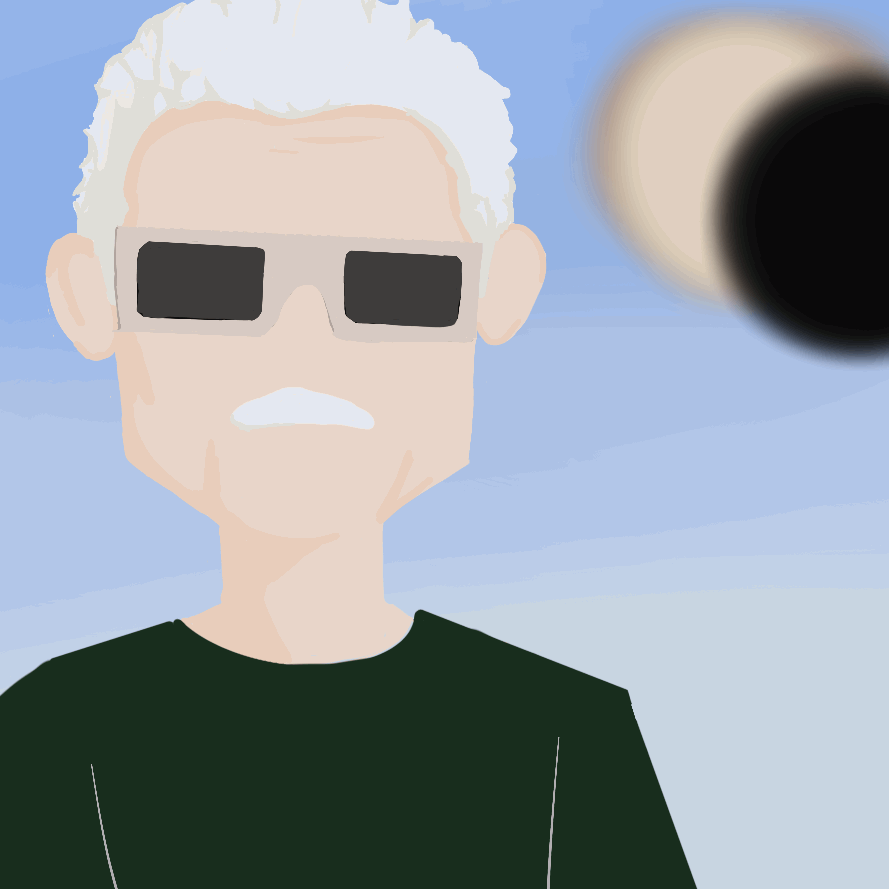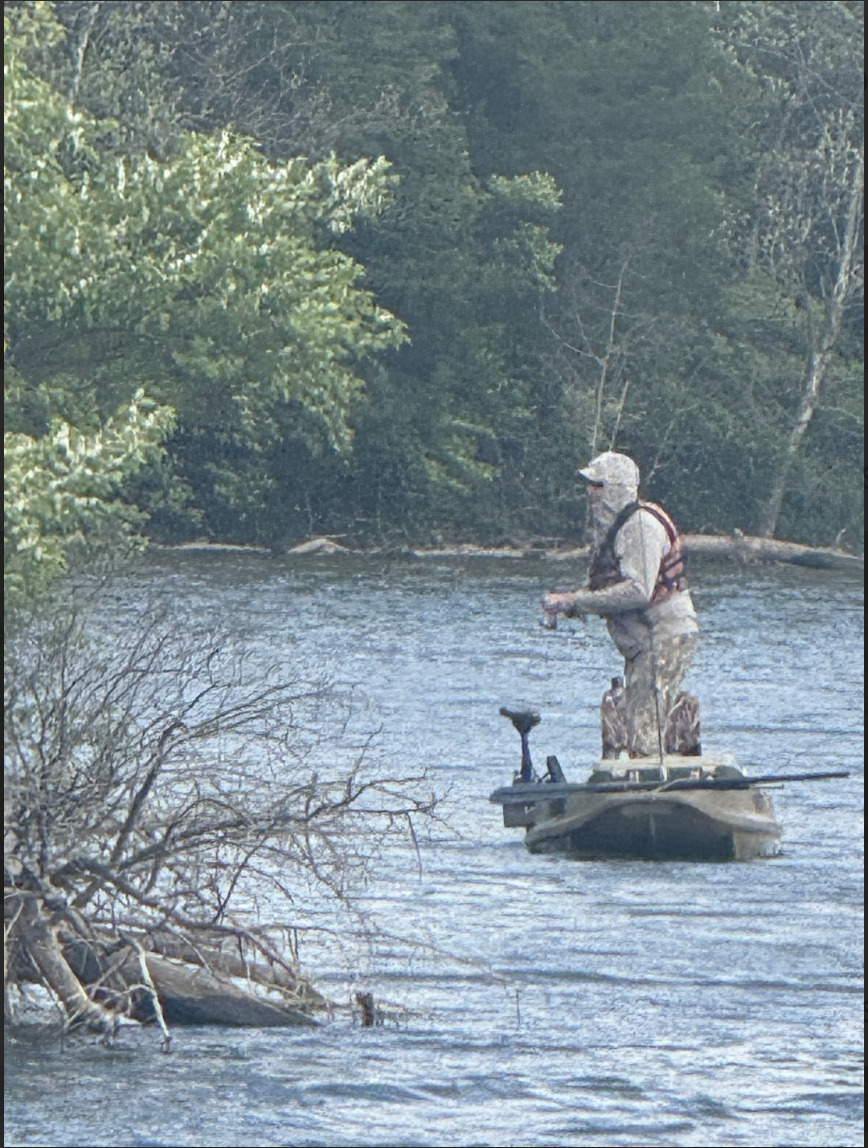On April 8, Oxford residents will experience the first total solar eclipse in Ohio since 1806.
The eclipse will pass over Kentucky, Indiana, and Illinois, among other states. The eclipse will begin at 3:08 p.m. and end at 3:19 p.m. Full darkness from the event will last for no more than five minutes, according to Ohio.gov.
A total solar eclipse occurs when the moon comes between the Earth and sun, blocking the sun from view and making the sky go almost entirely dark.
The event is expected to cause tourism-related traffic jams across Ohio and other states, according to the Butler County Emergency Management Agency.
“It is very possible that getting into or out of Oxford, those times might be extended,” Seth Cropenbaker, an economic development specialist for Oxford, said. “Normally it takes you 12 minutes to get out of town and to your destination, it might take you two hours for that same trip.”
An official report from the agency warned residents about a significant increase in tourists between Friday, April 5th and Tuesday, April 9th. Butler County has issued warnings about possible cellular disruptions and longer lines at local stores and restaurants. In Oxford, Cropenbaker advised that residents should stock up on groceries and gas as they are expecting Oxford’s population to double or triple in size.
Butler County has also made a planning guide for businesses, suggesting they prepare for the possibility of cellular disruptions during phone calls with customers and have more cash for transactions if the internet goes down. The emergency management also agency advised residents to not look at the eclipse directly. The natural event can only be viewed through special filtered glasses, called eclipse glasses.
But not all retailers carry safe sunglasses. Miami University associate professor Yao Jin, who specializes in retail supply chain and operations, warned about fraudulent eyewear.
“If you were to go on an online marketplace, it’s like [the] Wild West,” Jin said. “In fact, if you select from the lowest cost seller, then you are exposing yourself to an outside chance of receiving counterfeit.”
For viewers of the eclipse, special glasses must have an ISO 12312-2 or UV 400. This label indicates that the glasses will protect a person’s eyes from the UV rays and not damage them from looking directly at the eclipse. Brands like Ray-Ban or Oakley will filter the rays out naturally, as they are equipped with UV 400 protection. Jin advises to not use older pairs from two or three years ago as their protection will have faded over time.
The American Astronomical Society has a list of approved and safe sunglass brands. Brands listed by the society as safe are tracked and authenticated, unlike third party retailers like Amazon or Temu, who do not monitor its manufacturers.
“Those labels are important,” Jin said. “Provided that a sunglasses seller is able to show that their sunglasses had been certified and it’s included in a database of certified devices, [if not] then you’re exposing yourself to an outside chance of receiving a counterfeit.”
The city of Oxford will be hosting “A Total Eclipse of the Parks,” a weekend of events leading up to the eclipse. Events will include food trucks, an eclipse festival on April 6th, a space race and movie viewing on April 7th, and two eclipse viewing parties on April 8th.
According to Cropenbaker, the community has bought approximately 50,000 paper eclipse glasses and will distribute them for free during the events. He warned residents that others could try to sell unsafe glasses.
“If anybody tries to charge you for those, I cannot guarantee that they are the safe ones,” Cropenbaker said. “If you get a free pair of glasses from any of our events, rest assured that they are the proper and safe glasses to use.”







